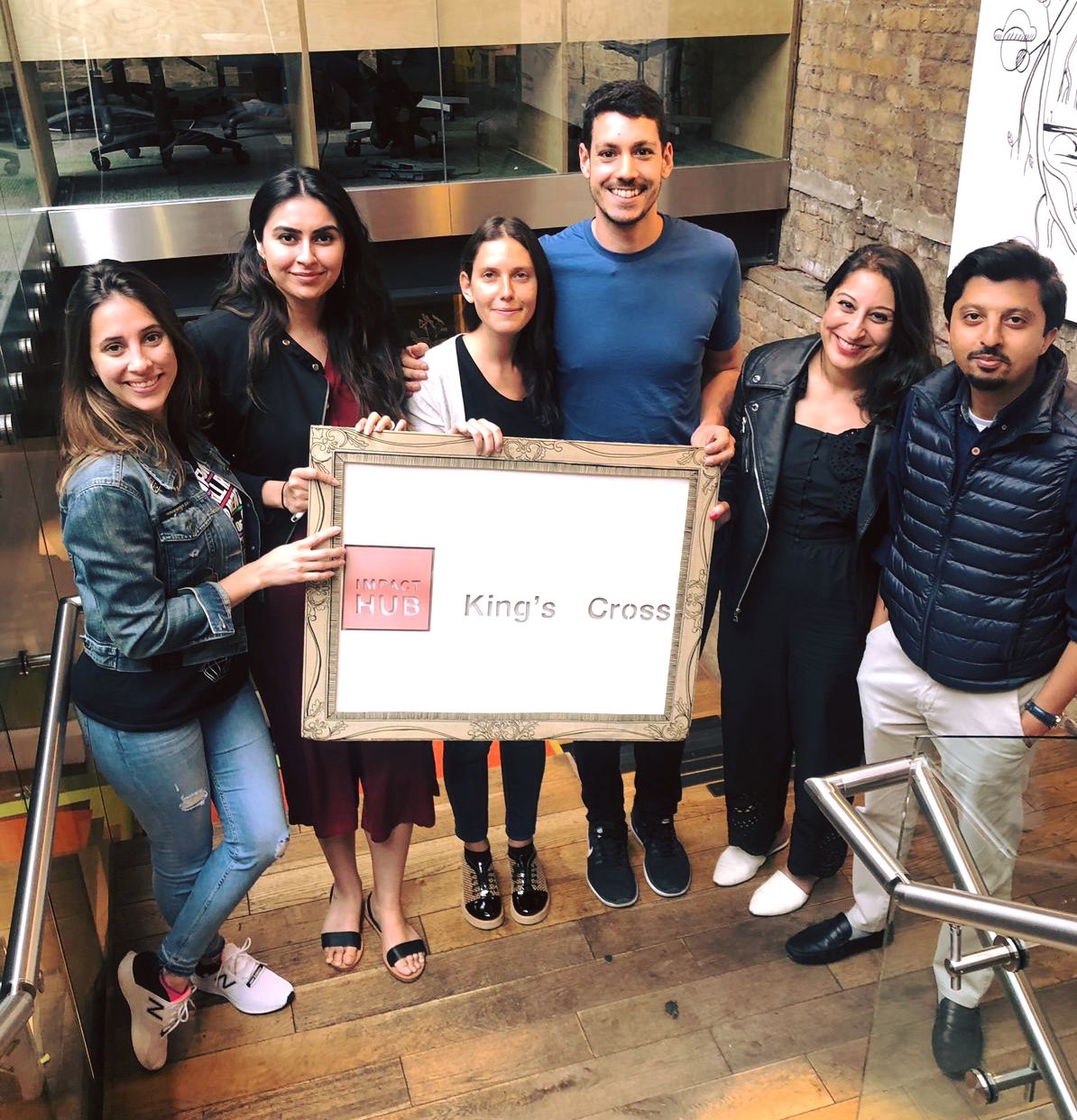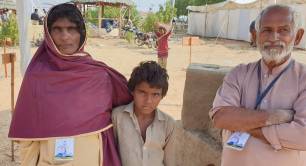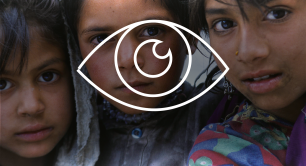Supporting start-ups to scale up in Pakistan
A collaboration between enterprise support organisations in the UK and Pakistan is developing new ways to support ambitious Pakistani start-ups to take their next steps. Our Young Storymaker, Hamna Iqbal, reports.

Pakistan’s start-up ecosystem has witnessed significant growth since 2012. Although an increase in the number of start-ups through which entrepreneurs are creating tangible solutions to the country’s most pressing issues is a good sign, growing and securing funding remain some of the key challenges.
This is where Pakistani business support body Invest2Innovate (I2I) comes in. During the past year – as part of the British Council’s Developing Inclusive and Creative Economies (DICE) programme – it has been working on the Ready for Impact through Scaling Enterprise (RISE) programme. This aims to support start-ups in Pakistan to scale up more strategically and become more investment ready as well as bridge the gap between start-ups and investors.
|
Social entrepreneurship and start-ups in Pakistan In Pakistan there are no official definitions and few policies directed specifically at social enterprise, and registration systems only allow for two types of business – for profit and not-for-profit. However, many start-ups in this developing country are directly or indirectly contributing to creating positive social or environmental impact, whether or not they identify as social enterprises. They might be creating jobs (especially for women or other underserved communities), formalising informal economies or widening access to services, such as education, through innovative technologies. |
To create this programme, the team of I2I, one of the country’s first business accelerators and one which primarily works with high-growth start-ups with an impact lens, partnered with Impact Hub King’s Cross – part of the global Impact Hub network that supports entrepreneurs to scale up their impact.
Nayla Attas, Impact Hub King’s Cross programmes director, who visited Pakistan last year as part of the project, says the start-up and social enterprise ecosystem in Pakistan has been growing consistently.
“In the first phase, there was only support for early stage companies and people that wanted to be entrepreneurs,” she says.
“Now, the ecosystem has some development, so there is a need for companies that are already established and successful to move to the next stage, through maybe opening new markets and scaling effectively.”
The extensive experience that Impact Hub King’s Cross has in supporting start-ups to move through this stage made them ideal partners for I2I, and together they embarked upon RISE, a one-year knowledge exchange and capacity-building programme.
Exchange visits
 RISE comprised two phases. Phase I was a learning and network-building visit to the UK by I2I, other business support organisations and investors. (Some of the participants are pictured right.) Together they explored how social enterprises and the organisations that support them in the UK have approached the scaling challenge. In London and Bradford (where there is a big Pakistani community), the Pakistani delegation visited and spoke to social and creative enterprises including Founders and Coders, Bradford Literary Festival and Equal Education.
RISE comprised two phases. Phase I was a learning and network-building visit to the UK by I2I, other business support organisations and investors. (Some of the participants are pictured right.) Together they explored how social enterprises and the organisations that support them in the UK have approached the scaling challenge. In London and Bradford (where there is a big Pakistani community), the Pakistani delegation visited and spoke to social and creative enterprises including Founders and Coders, Bradford Literary Festival and Equal Education.
Phase II took place in Pakistan where the Impact Hub Kings Cross team accompanied I2I in Islamabad, Karachi and Lahore to meet past I2I graduates, social enterprises, start-up supporters and funders. The aim was to get a deeper insight into the start-up ecosystem locally and the challenges faced by start-ups in scaling their operations nationally and internationally.
Attas highlights some of the challenges that they discovered Pakistani start-ups are currently facing. She says the first is being unable to understand what scaling means and how to scale. Some examples of challenges that Pakistani entrepreneurs mentioned included having difficulty in finding good staff, competing with big corporations, lack of capital and weak technical infrastructure.
A key outcome of the RISE programme, which concluded in March 2020, is the Scaling Readiness Toolkit launched on 9 April 2020, a guide for intermediary organisations to support Pakistani social and creative entrepreneurs in their scaling process which incorporates the lessons learned through the collaboration between I2I and Impact Hub King’s Cross.
The toolkit brings together advice, resources and information to help support entrepreneurs’ journeys. It also includes exercises for entrepreneurs to complete to help them analyse in more depth the challenges they are facing and to help them think critically about how they move forward.
Piloting the toolkit
The toolkit has been tested by the latest cohort of the I2I Accelerator, a four-month programme to help entrepreneurs grow their businesses. Five start-ups graduated in February.
Washup is one of these. This enterprise, which was founded in 2018, provides sustainable laundry services to households in Karachi. The city has suffered massive water shortages and Washup helps households save their own water by collecting their laundry and washing it efficiently using industrial machinery. Additionally, the enterprise is helping to support the city’s informal economy of ‘dhobis’ – small shops or individuals who provide washing and ironing services – by formalising their work and equipping them with new technology.
- Check out more Pioneers Post stories focusing on Pakistan
Washup co-founder Abbas Jaffery, says I2I Accelerator is a great platform to connect with mentors, for example, a chat with Junaid Iqbal, car booking app Careem’s managing director in Pakistan, triggered Washup to change its business model which is proving fruitful so far. During its four-month journey with I2I, Washup has been able to increase its customer base by 30%. The programme allowed it to realise the power of partnerships and collaborations for better outreach and also helped them improve their growth strategy and business model.
The other start-ups in the cohort included Plate101, which helps women to become ‘hometrepreneurs’ as chefs providing takeaway food, EZMakaan which is formalising the informal economy of providing furniture and other household equipment, The Mad Hatters which provides safe opportunities to explore Pakistan for women as well as empowering women in rural communities to become part of the tourism industry in their areas, and Edkasa which provides online learning especially for rural areas.
The launch of the toolkit brings this DICE partnership between I2I and Impact Hub King’s Cross to a close, but both organisations are keen to explore further possibilities, such as whether the Pakistani and UK enterprises could develop new markets in each other’s countries.
Hamna is a DICE Young Storymaker – one of 14 young journalists from six countries selected to reporting on social and creative enterprise as part of a joint initiative of Pioneers Post and the British Council.




